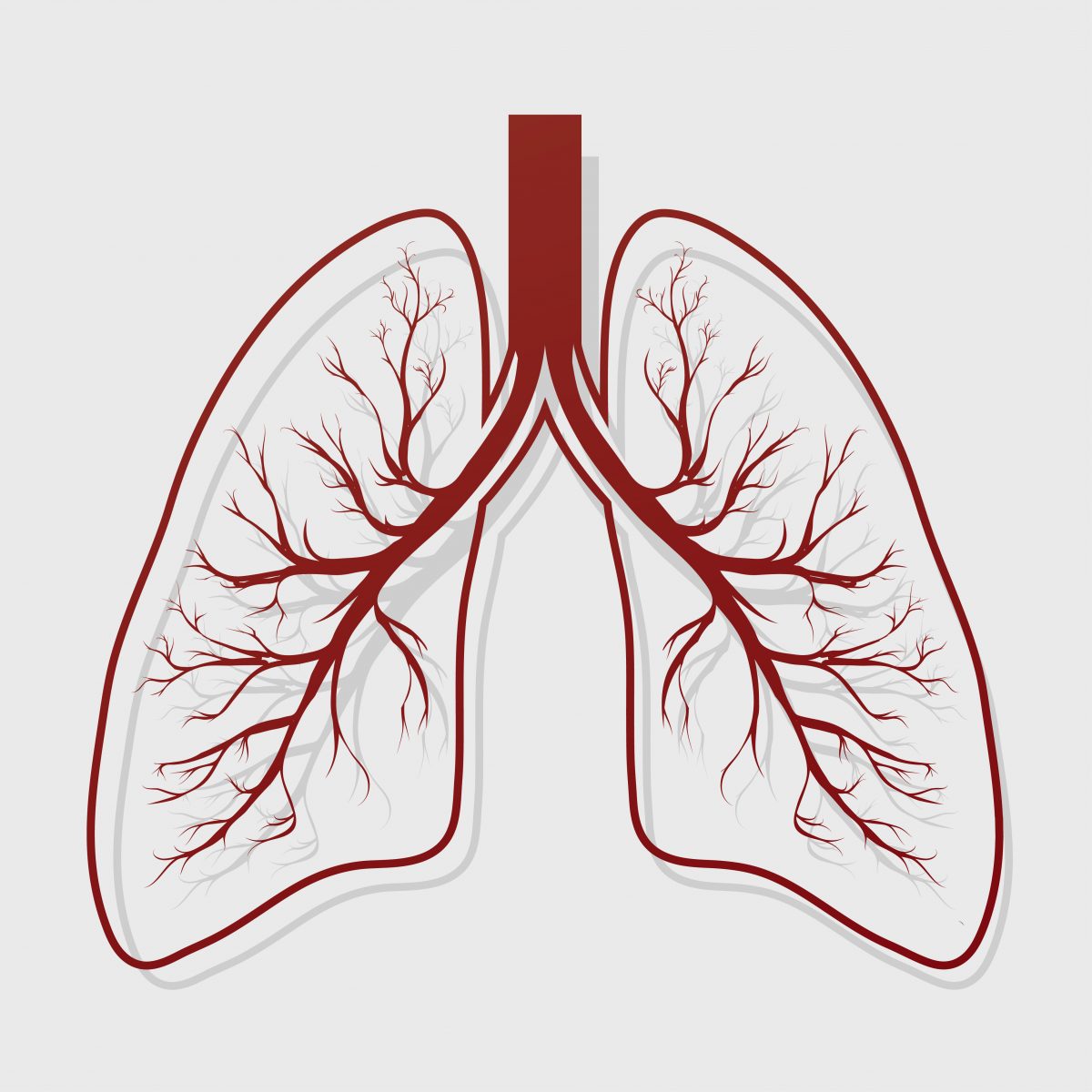Veracyte to Discuss Its Genomic Tests for Pulmonary Fibrosis and Lung Cancer at Washington Conference

Veracyte will present new information supporting the use of its genomic tests to diagnose idiopathic pulmonary fibrosis (IPF) and lung cancer at the American Thoracic Society 2017 International Conference in Washington, May 19-24.
The Envisia and Percepta Bronchial Genomic Classifiers were designed to reduce the need for diagnostic surgery and to cut healthcare costs.
Veracyte uses tissue samples to develop machine-learning algorithms that can recognize gene patterns associated with a disease. It likens its technology to facial recognition software, which recognizes pixel patterns corresponding with a person’s face.
IPF is one of the most deadly lung-scarring diseases, and is notoriously difficult to diagnose, Veracyte noted. This leads to prolonged misdiagnosis that delays treatment, with the person’s condition worsening in the interm. The genomic classifiers that Veracyte is developing generate accurate diagnoses of diseases that can help patients get earlier treatment.
The presentations that Veracyte will make in Washington on its Envisia classifier’s ability to diagnose IPF will draw from four studies. A key focus of the presentations will be how the company’s approach can overcome the challenges associated with IPF diagnosis. The presentations are titled:
- “Cohort Comparison Between Transbronchial Cryobiopsy and Surgical Lung Biopsy (SLB) in Patients Undergoing a Workup for Interstitial Lung Disease (ILD) from a Multicenter, Prospective Trial.”
- “A Concordant Usual Interstitial (UIP) Diagnosis from Surgical Lung Biopsies (SLBs) Remains a Challenge for Patients with Interstitial Lung Disease (ILD).”
- “Prospective Validation of a Molecular Test for Usual Interstitial Pneumonia in Transbronchial Biopsies.”
- “Analytical Performance of Envisia: a Genomic Classifier for Usual Interstitial Pneumonia Pattern.”
Veracyte will discuss in two presentations its Percepta classifier’s ability to diagnose lung cancer. They are titled “Alterations in Bronchial Airway MicroRNA Expression as a Diagnostic Biomarker for Lung Cancer” and “A Bronchial Airway Gene Expression Signature Associated with Adenocarcinoma vs. Squamous Cell Lung Cancer.”
“Our Percepta and Envisia tests address real clinical needs by reducing the number of patients who must undergo risky, costly invasive procedures to resolve diagnostic uncertainty in lung cancer and IPF,” Bonnie Anderson, Veracyte’s CEO, said in a news release. “The data that will be presented at ATS [the conference] reflect our strong commitment to building the clinical evidence necessary to drive adoption and reimbursement of these novel genomic classifiers, so that more patients and medical professionals can benefit from them.”
Veracyte discussed the Envisia test’s ability to diagnose IPF at last year’s conference as well.
IPF is a lung disease that affects tissue that supports alveoli, the tiny air sacs in the lungs involved in the exchange of oxygen and carbon dioxide. Its hallmark are inflammation or accumulation of scar tissue, or fibrosis. The disease leads to a decline in lung function and insufficient oxygen getting to the bloodstream and organs.







